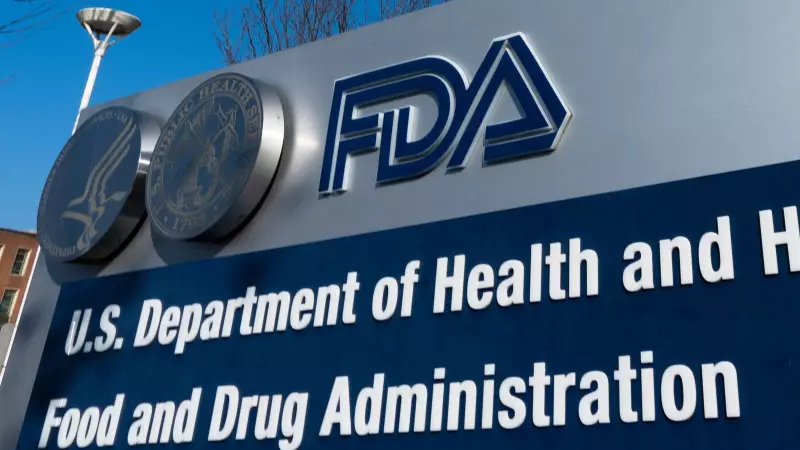
In a significant pharmaceutical safety development, over 140,000 bottles of a widely prescribed cholesterol-lowering medication have been urgently recalled following alarming findings by the US Food and Drug Administration (FDA). The regulatory body discovered that the tablets may not dissolve as intended, raising serious concerns about their effectiveness and patient safety.
The Critical Discovery
The FDA's rigorous testing protocols uncovered that the medication, specifically the 10mg strength of Atorvastatin tablets, failed to meet dissolution specifications. This technical failure means the pills might not break down properly in the digestive system, potentially preventing patients from receiving the full therapeutic benefits of their cholesterol treatment.
Understanding the Risks
When cholesterol medications don't dissolve correctly, patients face several concerning scenarios:
- Reduced effectiveness in lowering cholesterol levels
- Increased cardiovascular risks due to inadequate treatment
- Potential health complications from uncontrolled high cholesterol
- Wasted treatment time while believing the medication is working
Manufacturer Response and Recall Details
The pharmaceutical company behind the medication has initiated a voluntary recall at the consumer level, demonstrating proactive responsibility in addressing the quality control issue. The recall specifically targets:
- Atorvastatin tablets, 10mg strength
- Lot number NB20089
- Expiration date: September 2024
- More than 140,000 individual bottles
What Patients Need to Know
If you're currently taking cholesterol medication, healthcare experts recommend:
- Check your prescription immediately for matching lot numbers
- Consult your doctor before discontinuing any medication
- Do not stop treatment without medical guidance
- Contact your pharmacist for replacement medications if affected
Broader Implications for Medication Safety
This incident highlights the crucial importance of continuous quality monitoring in pharmaceutical manufacturing. The FDA's vigilant oversight and testing protocols successfully identified this potential health risk before it could affect more patients, demonstrating the value of robust regulatory systems in protecting public health.
Patients relying on cholesterol-lowering medications are advised to remain vigilant and maintain open communication with their healthcare providers regarding any concerns about medication effectiveness or quality issues.





